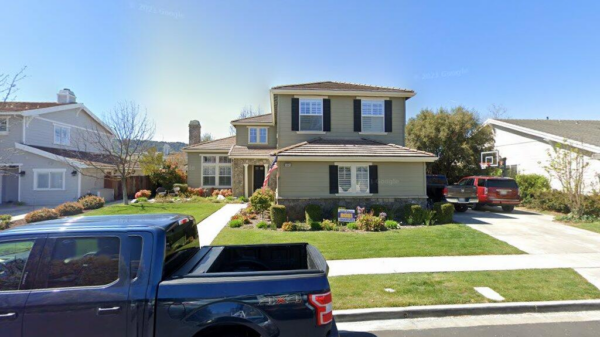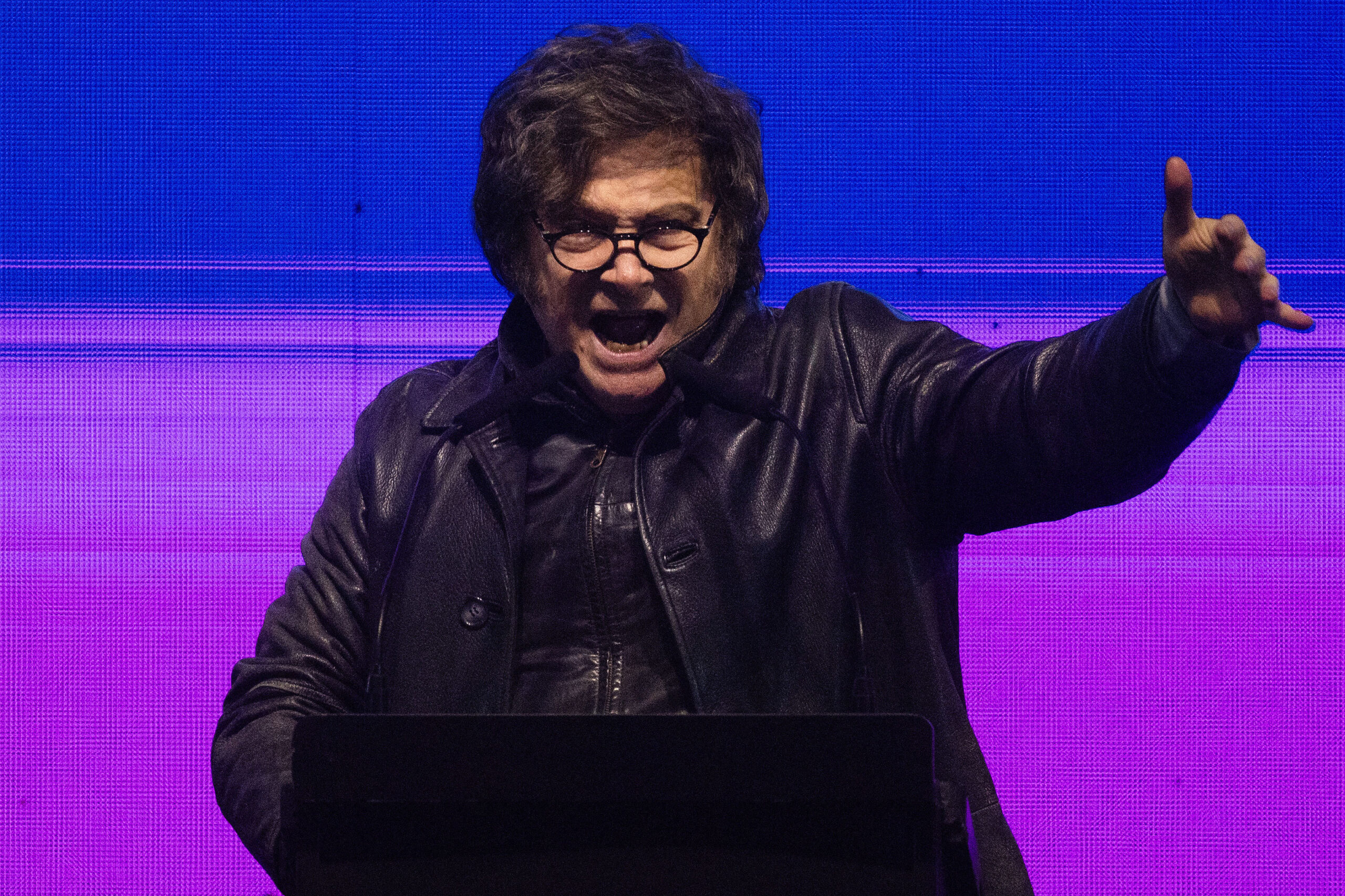BREAKING: Argentine President Javier Milei has suffered a significant election defeat, raising urgent questions about the future of his controversial economic policies. This setback occurred during a critical provincial election in Buenos Aires, where Milei’s party, La Libertad Avanza, secured only 34 percent of the vote, losing to the left-leaning Peronist opposition, which garnered 47 percent.
This election, held on September 3, serves as a crucial bellwether ahead of the upcoming midterm elections on October 26. Milei acknowledged the “clear defeat” during a rally, stating, “We suffered a setback, and we must accept it responsibly.” He vowed to continue with his economic agenda despite the backlash, promising, “There will be no retreat in government policy.”
Milei’s administration has implemented drastic austerity measures that have reduced energy and transport subsidies while laying off tens of thousands of government employees. Although his policies caused an initial rise in unemployment and poverty, they have recently led to a decline in monthly inflation rates and a modest recovery in the economy. Argentina’s central bank reserves are at a two-year high, bolstered by support from the International Monetary Fund, and the country’s risk index is at its lowest in five years.
However, public sentiment is shifting. Milei is facing growing discontent, particularly in light of a bribery scandal involving his sister. Protests have erupted, with demonstrators expressing their frustration about cuts to public services, leading to confrontations at campaign events. Just days before the election, Milei had to leave a rally early when protesters began throwing objects at him.
What’s Next? The upcoming midterm elections will determine half of the Chamber of Deputies and one-third of the Senate, providing a critical opportunity for Milei to expand his party’s influence in a Congress dominated by opposition forces. He must secure more seats to push through his radical reforms aimed at transforming Argentina’s economy and reversing its history of defaults.
Critics, including Buenos Aires governor Axel Kicillof, have called Milei’s approach dangerous, stating, “The ballot boxes told Milei that public works cannot be halted.” As public frustration mounts, the path forward for Milei looks increasingly challenging, and the implications of this election could reverberate throughout his administration.
Stay tuned for further updates as Argentina approaches this pivotal moment for its political landscape.





































































